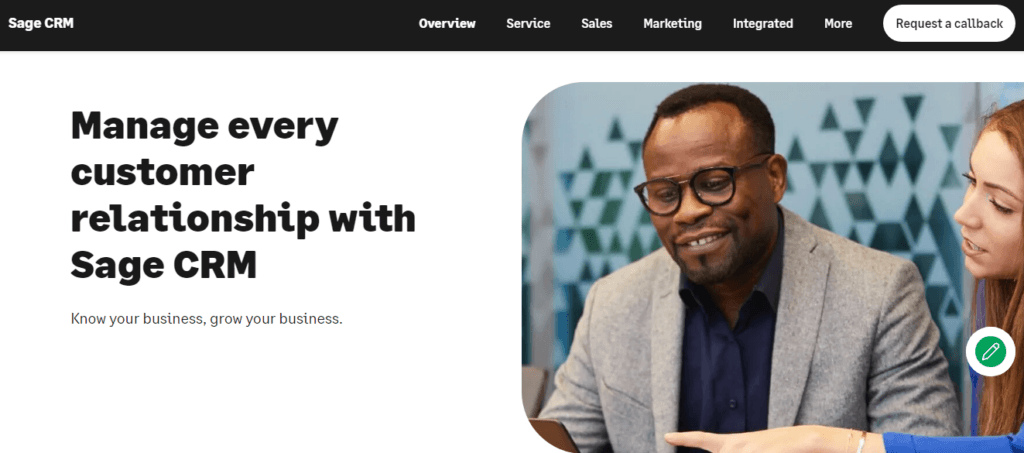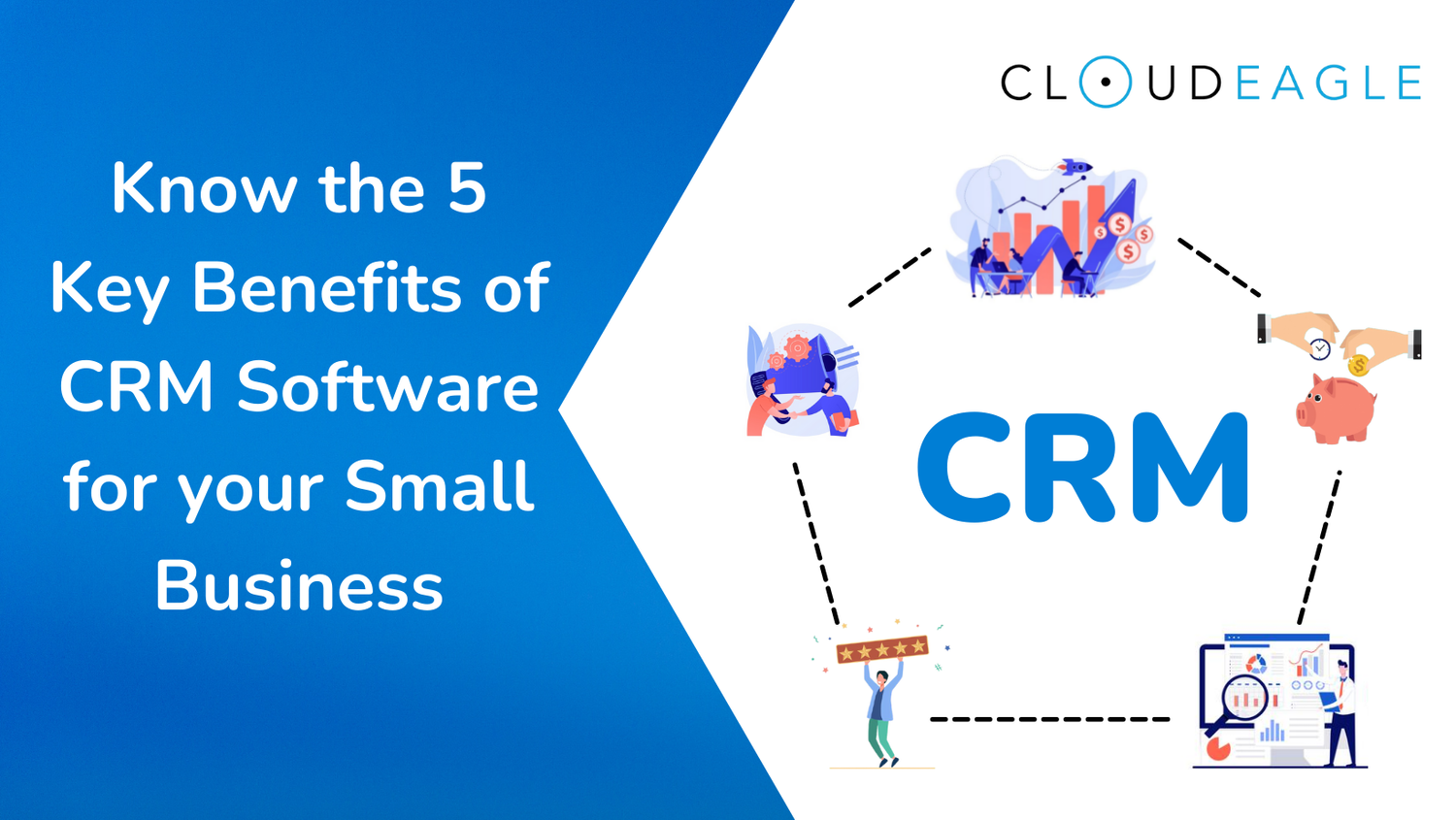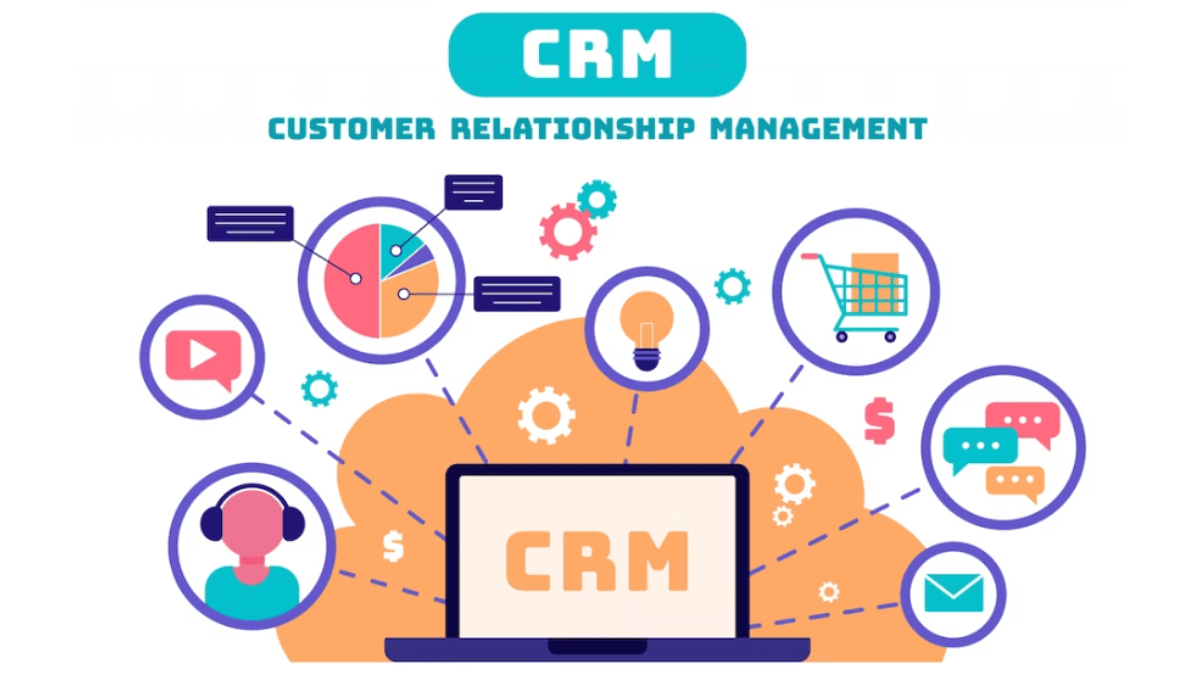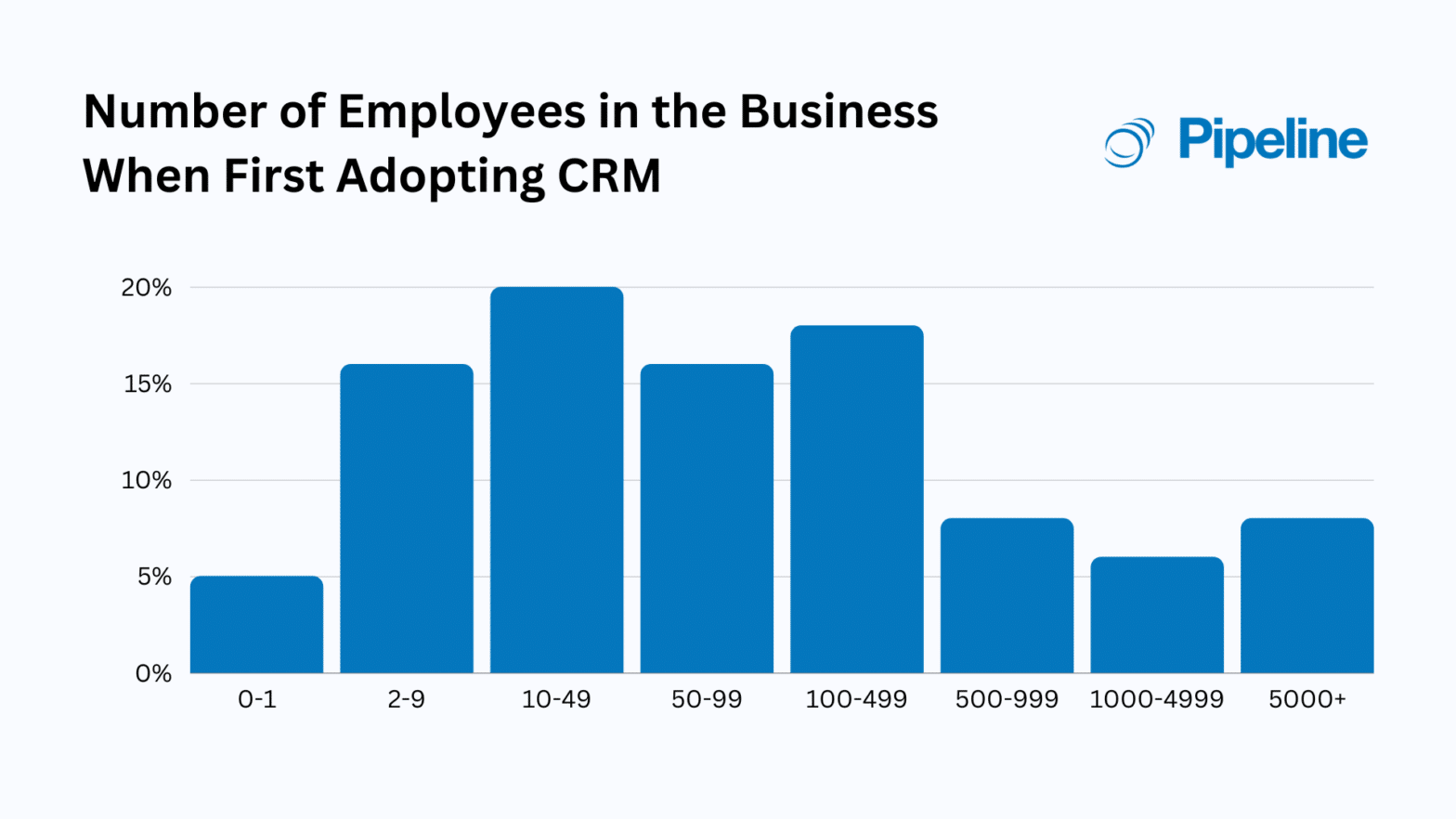Boost Your Small Business Productivity: The Ultimate Guide to CRM Systems
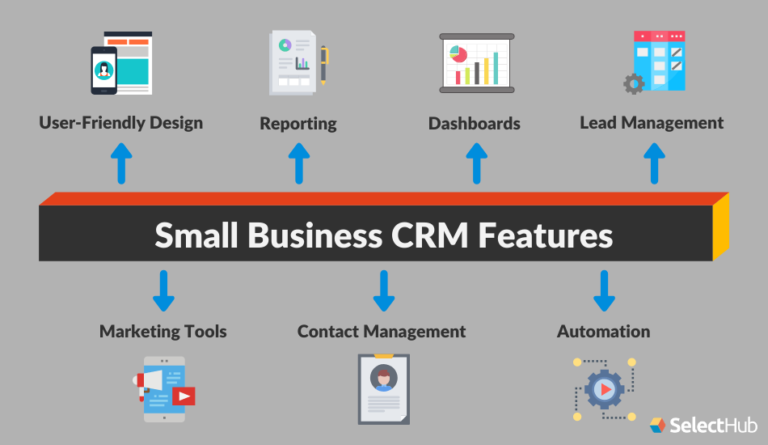
Boost Your Small Business Productivity: The Ultimate Guide to CRM Systems
Running a small business is a whirlwind. You’re juggling a million things – from managing finances to marketing your product, and of course, keeping your customers happy. In the midst of all this, it’s easy for things to slip through the cracks. That’s where a Customer Relationship Management (CRM) system comes in. Think of it as your business’s central nervous system, connecting all the different parts and helping you stay on top of everything.
This comprehensive guide dives deep into the world of CRM for small businesses. We’ll explore what a CRM is, why you need one, the benefits it offers, and how to choose the right system for your specific needs. We’ll also discuss how to implement it successfully and how to maximize its potential to boost your productivity and grow your business. Get ready to transform the way you manage your customer relationships and take your small business to the next level!
What is a CRM System? Decoding the Basics
At its core, a CRM system is a software solution designed to manage and analyze all your interactions with customers and potential customers. It acts as a centralized hub, storing all your customer data in one place. This includes contact information, communication history, purchase history, and any other relevant details. Instead of scattering information across spreadsheets, email inboxes, and sticky notes, a CRM system provides a single, accessible source of truth.
Think of it like this: imagine trying to build a house without blueprints. You’d be stumbling around in the dark, making mistakes, and wasting time and resources. A CRM system is your blueprint for customer relationships, providing the information and insights you need to build strong, lasting connections.
CRM systems offer a range of features, but the most common include:
- Contact Management: Storing and organizing customer contact information, including names, addresses, phone numbers, and email addresses.
- Lead Management: Tracking potential customers (leads) through the sales pipeline, from initial contact to conversion.
- Sales Automation: Automating repetitive sales tasks, such as sending emails, scheduling follow-ups, and generating reports.
- Marketing Automation: Automating marketing campaigns, such as email marketing, social media posting, and lead nurturing.
- Customer Service: Managing customer inquiries, complaints, and support requests.
- Reporting and Analytics: Providing insights into sales performance, customer behavior, and marketing effectiveness.
Why Does Your Small Business Need a CRM? Unveiling the Benefits
You might be thinking, “I’m a small business, I don’t need all that fancy technology.” But here’s the thing: a CRM system isn’t just for big corporations. It’s a valuable tool for businesses of all sizes, especially small businesses that are looking to grow and scale.
Here’s why a CRM is a game-changer for small business productivity:
- Improved Customer Relationships: This is the heart of it all. A CRM helps you understand your customers better by providing a 360-degree view of their interactions with your business. You can personalize your communication, anticipate their needs, and provide exceptional customer service. This leads to increased customer loyalty and repeat business.
- Increased Sales: By streamlining your sales process, a CRM can help you close more deals, faster. Features like lead management and sales automation help you identify and nurture leads, track your sales pipeline, and automate repetitive tasks, freeing up your sales team to focus on selling.
- Enhanced Productivity: A CRM automates many of the tedious, time-consuming tasks that bog down your team. This frees up valuable time for your employees to focus on more strategic activities, such as building relationships, closing deals, and innovating.
- Better Data Organization: Say goodbye to scattered spreadsheets and disorganized contact lists. A CRM centralizes all your customer data, making it easy to access, update, and analyze. This ensures everyone on your team has access to the same information, leading to better collaboration and decision-making.
- Improved Marketing Effectiveness: A CRM helps you understand your customers’ needs and preferences, allowing you to tailor your marketing campaigns for maximum impact. You can segment your audience, personalize your messaging, and track the results of your campaigns to optimize your marketing spend.
- Data-Driven Decision Making: With a CRM, you have access to real-time data and analytics on your sales performance, customer behavior, and marketing effectiveness. This allows you to make informed decisions, identify trends, and optimize your business strategies.
- Scalability: As your business grows, a CRM can scale with you. Most CRM systems offer different pricing plans and features, allowing you to add users and functionality as your needs evolve.
Choosing the Right CRM for Your Small Business: A Step-by-Step Guide
Choosing the right CRM system can feel overwhelming, but it doesn’t have to be. Here’s a step-by-step guide to help you find the perfect fit for your small business:
- Define Your Needs and Goals: Before you start looking at different CRM systems, take some time to think about what you want to achieve. What are your business goals? What are your pain points? What features are essential for your business? Make a list of your must-haves and nice-to-haves.
- Assess Your Budget: CRM systems range in price, from free to several hundred dollars per user per month. Determine your budget and stick to it. Consider the total cost of ownership, including implementation, training, and ongoing maintenance.
- Research Different CRM Systems: Once you know your needs and budget, start researching different CRM systems. There are many options available, each with its own strengths and weaknesses. Some popular CRM systems for small businesses include:
- HubSpot CRM: A free CRM with powerful features for sales and marketing.
- Zoho CRM: A comprehensive CRM with a range of features and integrations.
- Salesforce Sales Cloud: A leading CRM with a wide range of features and customization options. (Note: Salesforce can be more complex and expensive, so it might not be the best fit for very small businesses.)
- Pipedrive: A sales-focused CRM designed for small businesses.
- Freshsales: A sales CRM with built-in features for phone, email, and chat.
- Consider Your Existing Technology: Does the CRM integrate with your existing tools, such as your email marketing platform, accounting software, and website? Integration is crucial for streamlining your workflow and avoiding data silos.
- Evaluate Ease of Use: The CRM system should be easy to learn and use. Look for a user-friendly interface and intuitive features. Consider the training and support resources available.
- Check for Scalability: As your business grows, your CRM needs to be able to grow with you. Make sure the CRM system you choose offers different pricing plans and features that can accommodate your future needs.
- Read Reviews and Get Recommendations: Read online reviews and ask for recommendations from other small business owners. This can give you valuable insights into the strengths and weaknesses of different CRM systems.
- Start with a Free Trial or Demo: Most CRM systems offer free trials or demos. Take advantage of these opportunities to test the system and see if it’s the right fit for your business.
Implementing Your CRM: A Smooth Transition
Once you’ve chosen a CRM system, the next step is implementation. This is a crucial stage, and a well-planned implementation can make the difference between success and failure. Here’s how to ensure a smooth transition:
- Plan Your Implementation: Before you start, create a detailed implementation plan. This should include timelines, responsibilities, and milestones.
- Clean Up Your Data: Before you import your data into the CRM, clean it up. Remove duplicates, correct errors, and standardize formatting. This will ensure your data is accurate and reliable.
- Import Your Data: Import your data into the CRM system. Most CRM systems offer data import tools to make this process easier.
- Customize Your CRM: Customize the CRM system to meet your specific needs. This may involve configuring fields, creating custom reports, and integrating with other tools.
- Train Your Team: Provide comprehensive training to your team on how to use the CRM system. This is essential for ensuring that everyone is comfortable using the system and understands its features.
- Test and Refine: Before you fully roll out the CRM system, test it thoroughly. Make sure everything is working as expected and that there are no errors. Refine your implementation as needed.
- Get Buy-In from Your Team: It’s crucial to get buy-in from your team. Explain the benefits of the CRM system and how it will help them do their jobs more effectively. Involve them in the implementation process and solicit their feedback.
- Provide Ongoing Support: Provide ongoing support to your team. Answer their questions, address their concerns, and provide additional training as needed.
Maximizing Your CRM’s Potential: Tips and Tricks for Productivity
Once your CRM is up and running, the real work begins. Here are some tips and tricks to help you maximize its potential and boost your productivity:
- Use Automation: Take advantage of the CRM’s automation features to streamline your workflow. Automate repetitive tasks, such as sending emails, scheduling follow-ups, and generating reports.
- Segment Your Audience: Segment your audience based on demographics, behavior, and other factors. This allows you to personalize your messaging and target your marketing campaigns for maximum impact.
- Track Your Sales Pipeline: Use the CRM to track your sales pipeline and identify bottlenecks. This will help you identify areas where you can improve your sales process.
- Analyze Your Data: Regularly analyze your CRM data to gain insights into your sales performance, customer behavior, and marketing effectiveness. Use these insights to make informed decisions and optimize your business strategies.
- Integrate with Other Tools: Integrate your CRM with other tools, such as your email marketing platform, accounting software, and website. This will streamline your workflow and avoid data silos.
- Set Goals and Track Progress: Set clear goals for your CRM usage and track your progress. This will help you measure the effectiveness of your CRM and identify areas where you can improve.
- Regularly Update Your Data: Keep your CRM data up-to-date. This includes contact information, purchase history, and other relevant details.
- Get Feedback from Your Team: Solicit feedback from your team on how they’re using the CRM system and what improvements can be made.
- Stay Up-to-Date: CRM systems are constantly evolving. Stay up-to-date on the latest features and best practices.
CRM and the Future of Small Business Productivity
The future of small business productivity is inextricably linked to technology, and CRM systems are at the forefront of this revolution. As technology continues to advance, CRM systems will become even more sophisticated and powerful, offering new features and capabilities that can transform the way small businesses operate.
Here are some trends to watch for:
- Artificial Intelligence (AI): AI is already playing a significant role in CRM, and its influence will only grow in the future. AI-powered CRM systems can automate tasks, provide insights, and personalize customer interactions.
- Mobile CRM: Mobile CRM systems will become even more important as businesses become increasingly mobile. Mobile CRM allows you to access your customer data and manage your sales and marketing activities from anywhere, anytime.
- Integration with Emerging Technologies: CRM systems will continue to integrate with emerging technologies, such as the Internet of Things (IoT) and blockchain.
- Focus on Customer Experience: The focus on customer experience will continue to grow. CRM systems will play a key role in helping businesses provide exceptional customer experiences.
By embracing CRM technology and staying ahead of the curve, small businesses can position themselves for success in the years to come. It’s not just about adopting new technology; it’s about leveraging it to build stronger customer relationships, drive sales, and achieve sustainable growth.
Conclusion: Embrace the Power of CRM
In today’s competitive landscape, small businesses need every advantage they can get. A CRM system is a powerful tool that can help you improve customer relationships, increase sales, enhance productivity, and make better decisions. By choosing the right CRM system, implementing it successfully, and maximizing its potential, you can transform your small business and take it to the next level.
Don’t let your customer relationships fall through the cracks. Embrace the power of CRM and watch your small business thrive.

